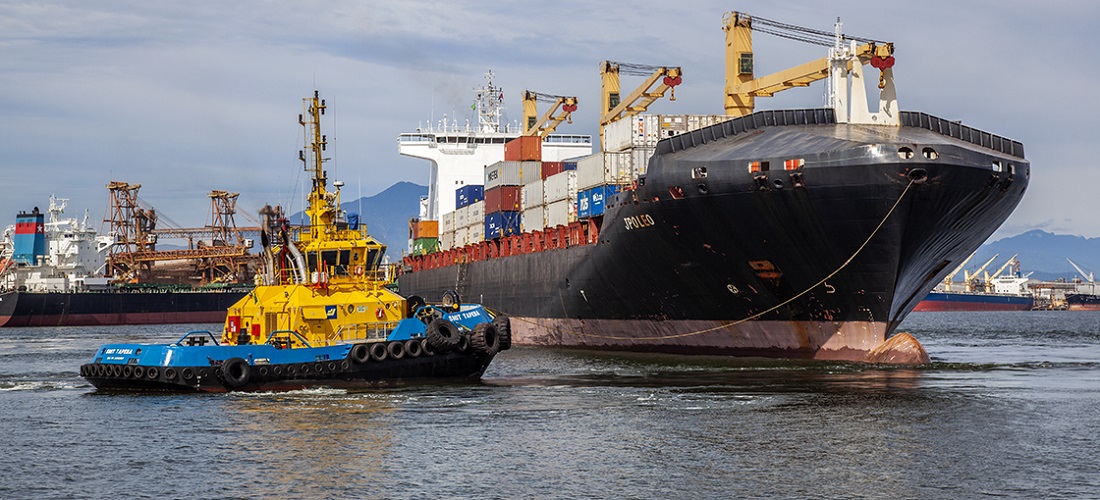
Paraná ports offer discount of up to 50% to promote cabotage
Sep, 25, 2020 Posted by Ruth HollardWeek 202039
To encourage cabotage navigation, Paraná ports are offering discounts of up to 50% for such shipping activity, to the detriment of long-distance navigation. This year, approximately 1.18 million tons of cargo were handled through the Port of Paranaguá, bound for other Brazilian states. The volume represents 3% of the total volume handled in Paraná ports between January and August (38.6 million tons). The goal is to increase this percentage.
The advantages offered by the publicly held company in Paraná are the Inframar fees (paid by the shipowner for the use of access and shelter infrastructure), Infraport (paid by the port operator for the use of land or port infrastructure), and Infracais (paid by the shipowner for use of the berth). The values are based on the merchandise and the type of vessel, among other variables.
The most transported goods between the Paraná ports and the other Brazilian ports are liquid bulk and containerized cargo. At the Paranaguá Container Terminal (TCP), long-distance shipping to international ports represents 97%. Although the cabotage share is small, transport has increased.
Cabotage figures from January to August show that 193,500 tons of products were handled in containers. The volume is 1% higher than that recorded in 2019 (191.806 tons).
Among the main products transported by cabotage are chemicals, appliances, and refrigerated products. The coastal line that passes through the Port of Paranaguá terminal is the “BRACO”, which runs from the North to the South of the country. With a weekly stopover, the service serves the ports of Manaus, Pecém, Suape, Santos, and Paranaguá.
-
Grains
Dec, 12, 2022
0
Soybeans: China buys 52.464 million tonnes from Brazil in 2022
-
Ports and Terminals
Jan, 21, 2020
0
Brasco and APM Terminals join forces to serve oil exploration effort at Pecém
-
Ports and Terminals
May, 27, 2022
0
Antaq extends the public hearing on Port of Santos’ STS53 to June 15
-
Ports and Terminals
Mar, 02, 2023
0
ABB to improve efficiency of cargo operations at Wilson Sons’ Tecon Rio Grande



